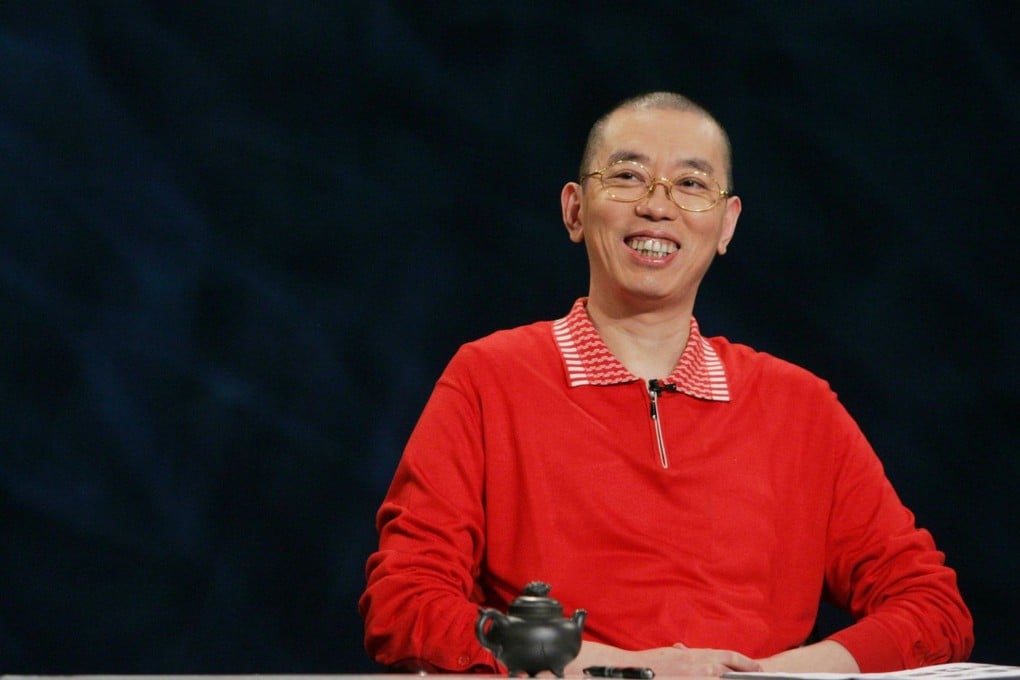Chinese video gaming tycoon Shi Yuzhu has another US$13.4 million in assets frozen in rocky year of crackdowns
- Giant Network founder Shi Yuzhu has nearly US$27 million in stock frozen over disputes involving his role as the guarantor of company debts
- Giant Network, once a bigger name in video games than Tencent, has also had a rough year amid Beijing’s gaming crackdown, with revenues down 10 per cent

Video gaming tycoon and technology entrepreneur Shi Yuzhu is facing more financial trouble after a Beijing court froze another 85.08 million yuan (US$13.4 million) in shares across four companies, doubling the amount of equity he is forbidden from withdrawing or transferring.
The shares have been frozen for a period of three years by the Beijing Fourth Intermediate People’s Court, according to the latest information from Tianyancha, a Chinese business registration and trademark platform.
Among the four companies, two are related to Giant Network Group, the video game company founded by Shi. The frozen assets include 2.78 million yuan in Zhuhai Giant Hi-tech Group shares and another 1 million yuan in shares from Ningxia Giant Investment.
Few details are available about why the assets have been frozen, but Shi is involved in lawsuits over his role as a guarantor of company debts. It adds to the bad news that Shi, whose Giant Network was once a bigger name in gaming than Tencent Holdings or NetEase, has faced over a year of crackdowns from Beijing on the tech sector.
Giant Network did not respond to a request for comment on Thursday.
After the first equity freeze in August, Giant Network said that case was not directly related to the company. Shi made a personal guarantee for the plaintiff in the case, which filed the lawsuit because of an impact on “subsequent business development”, the company said in a statement at the time.
The first equity freeze also involved 85.08 million yuan in shares, bringing the total in frozen assets to more than 170 million yuan.
“When doing a favour for a friend, help more on life and less on career,” the billionaire wrote on China’s microblogging platform Weibo that month.